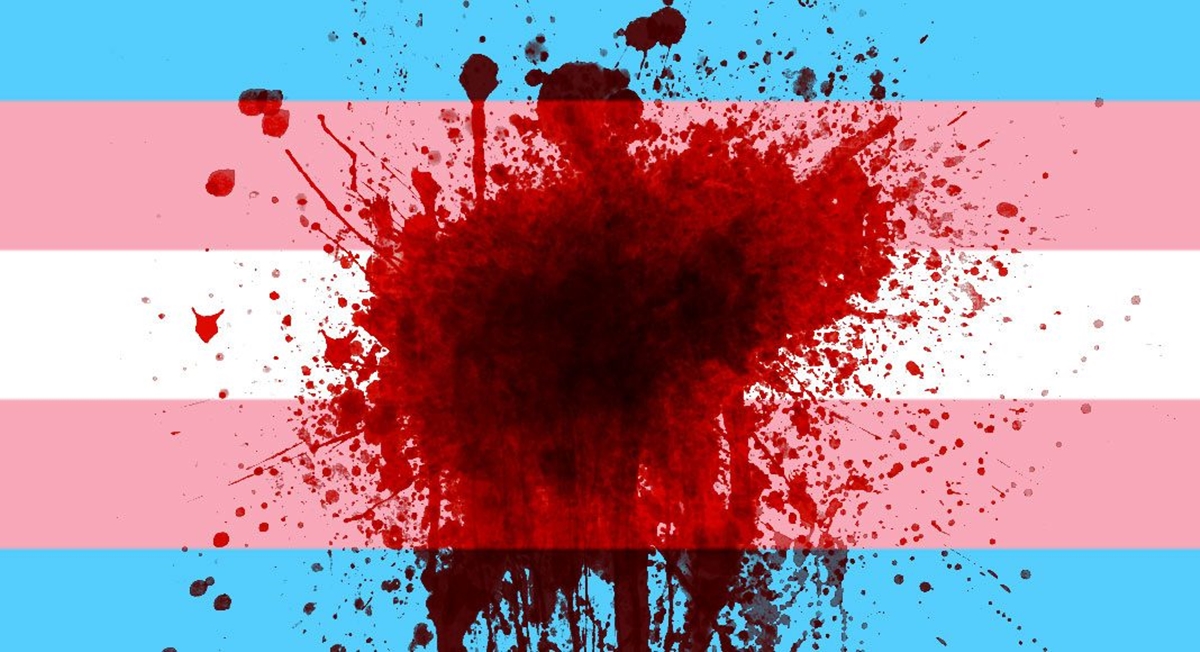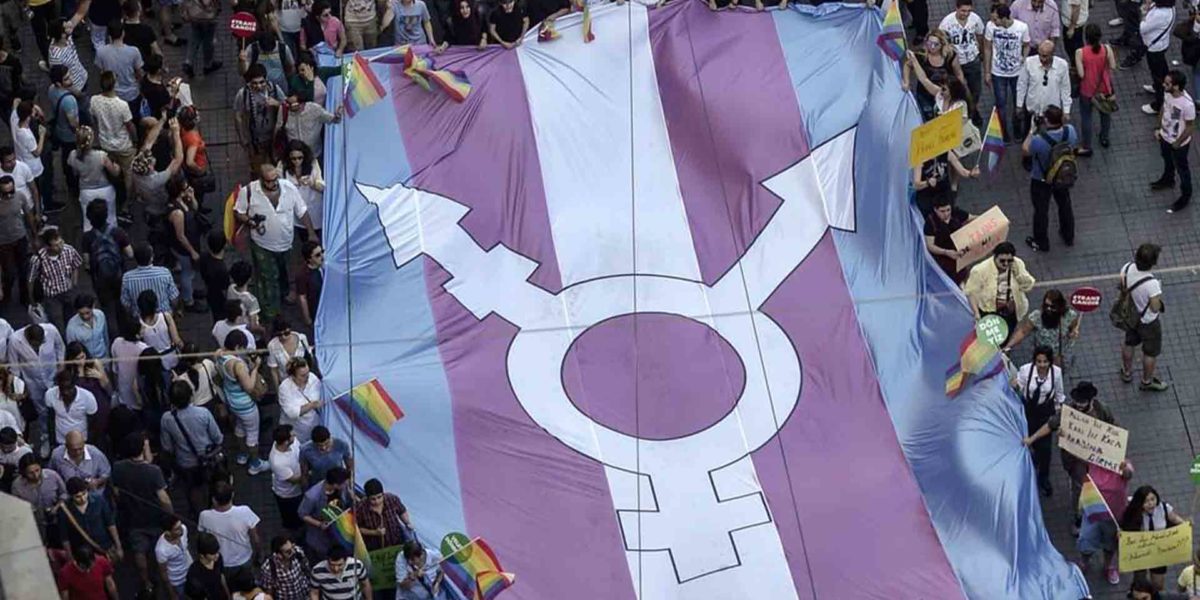RIO DE JANEIRO, BRAZIL – In 2019, at least 124 transgender people, including transsexual, transmasculine, and transvestite men and women, were murdered in Brazil in transphobic circumstances.

The data are included in the report by the National Association of Transvestites and Transsexuals (ANTRA) released yesterday, January 29th. According to the organization, only 11 suspects of having committed the crimes have been identified. In the report, ANTRA also alerts to the issue of underreporting as the real motivation for the crimes is not always explicit.
The report points out that 163 murders were reported in 2018. In 2017, there were 179 cases. According to the association, the reduction in numbers does not necessarily represent a drop in the rates of violence against this population. According to ANTRA, there is an increase in underreported occurrences.
The data further show that every day in 2019, 11 transgender people were victims of violence. The youngest of the murdered victims was 15 years old, conforming to the prevailing profile, which features an age group between 15 and 29 years old (59.2 percent) and female gender (97.7 percent). Ethnic-racial inequality is another factor in evidence since 82 percent of the victims were black (mixed-race or black).
In absolute numbers, the state presenting the highest homicide rate was São Paulo, with 21 homicides, 66.7 percent higher than in the previous year (14). São Paulo stands out as one of the four states that became more violent for transgender people in 2019, alongside Pernambuco, Rondônia, and Tocantins, and also leads the ranking when considering the period between 2017 and 2019.
Second in the 2019 list is Ceará, with 11 cases. Next on the list are Bahia and Pernambuco, with eight cases each; Paraná, Rio de Janeiro, and Rio Grande do Sul, had seven cases each.
In order to fight crimes against transgender people, the association mentions examples of actions that can be adopted, such as campaigns to prevent violence, denunciations that may face impunity and omission, and the implementation of the Federal Supreme Court’s (STF) ruling that recognized discrimination against the LGBTI population as a form of racism.

Latin America and the Caribbean
The ANTRA mentions that it began representing Brazil in 2018 in the System for Monitoring Violence against LGBT People in Latin America and the Caribbean (SinViolenciaLGBT) and that this network accounted for 1,416 recorded murders of transgender people in the ten countries that make up the network (Bolivia, Brazil, Colombia, El Salvador, Guatemala, Honduras, Mexico, Paraguay, Peru, and the Dominican Republic). The balance included incidents reported between January 1st, 2014 and November 20th, 2019, when Brazil totaled 844 cases and saw a 60 percent increase.
In Latin America and the Caribbean, the ANTRA recalls, the life expectancy of a trans person is 35 years. “Mexico ranks second in the world in hate crimes for transphobia. Trans people in these countries have no identity, rights are restricted, they are constantly exposed and raped, being killed and neglected. As if that were not enough, there are also sectors of the population determined to attack them, hurt them and, even worse, ensure that their rights are never ensured”, it adds.
To curb the violence, the recommendation is that there be engagement of the public power and civil society.
App
In December 2019, the ANTRA launched the Dandarah App in partnership with the Oswaldo Cruz Foundation (Fiocruz) and the Brazilian Lesbian, Gay, Bisexual, Transvestite and Intersex Association (ABGLT). The proposal is to enable the LGBTI community (lesbians, gays, bisexuals, transvestites, transgendered and intersex) to learn about the diverse forms of violence to which they are exposed and how to denounce them.
The platform was initially designed to run on Android cell phones and is now available for download from the Play Store. The name of the App was chosen to honor transvestite Dandara Ketlyn, brutally murdered in 2017 in Ceará.
As the United Nations (UN) has pointed out, trans people have a gender identity different from the sex they were assigned at birth. The UN further clarifies that a transgender or trans person can identify as a man, a woman, a trans-man, a trans-woman, a non-binary person, or under other terms, such as third gender, two-spirit, transvestite, or queer. The international body also points out that gender identity differs from sexual orientation and that, therefore, trans individuals may have any sexual orientation, including heterosexual, homosexual, bisexual and asexual.
Source: Agência Brasil

